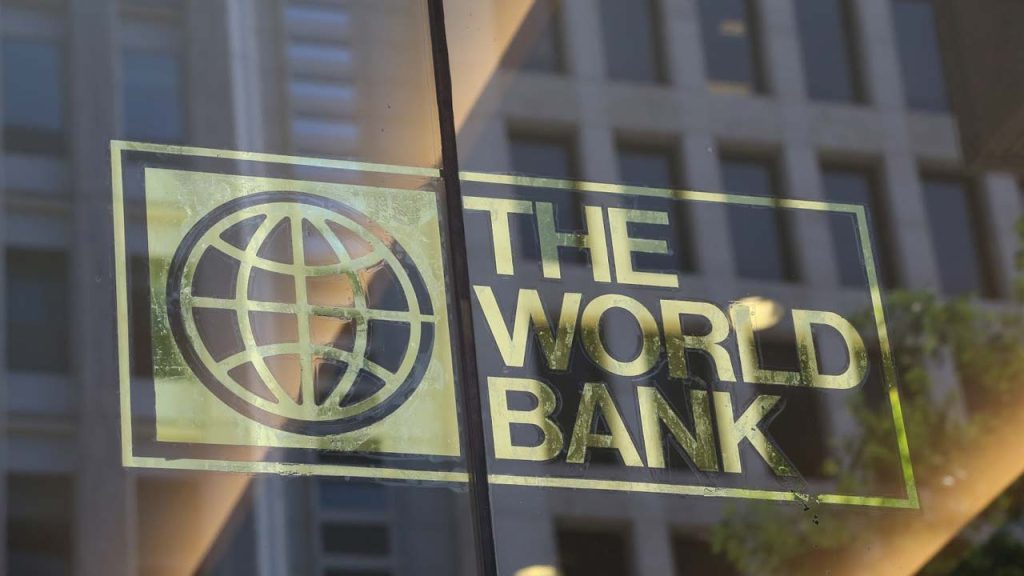The recent death of 16-year-old Ayibanua Timipre in Yenagoa, Bayelsa State, has cast a somber light on the pressing issue of youth suicide in Nigeria. As communities grapple with this tragedy, it underscores the urgent need to address the mental health challenges faced by adolescents across the nation.
Incident Overview
On Saturday, February 15, 2025, residents of the Kpansia area in Yenagoa were jolted by the discovery of Ayibanua’s lifeless body hanging from a ceiling fan in his father’s residence. The young boy, originally from the Igbomotoru community in the Southern Ijaw Local Government Area, had recently celebrated his 16th birthday on February 9. He was an apprentice learning mobile phone repairs, a testament to his aspirations and commitment to personal development. The Bayelsa State Police Command has initiated an investigation into the circumstances surrounding his death. While some reports suggest that Ayibanua may have faced punishment from his parents over an alleged theft of N27,000, leading to his drastic action, these claims remain unconfirmed. Police spokesperson Musa Mohammed stated, “It was confirmed a 16-year-old boy committed suicide in Yenagoa, but the investigation is ongoing.”
Rising Incidents of Youth Suicide in Nigeria
Ayibanua’s death is not an isolated incident. Just days prior, on February 13, 2025, 19-year-old secondary school graduate Sunday Moses was found hanging from a tree in a secluded area of Afio Village, Odeda Local Government Area, Ogun State. These tragedies reflect a disturbing trend of increasing suicide rates among Nigerian youth.
Statistical Insights
Recent studies have highlighted the gravity of the situation. Research indicates that approximately 500,000 adolescents in Nigeria attempt suicide annually, resulting in about 302,000 deaths.
Another study focusing on in-school adolescents in Benin City reported a 10.5% rate of suicide attempts.
These figures underscore the critical need for comprehensive mental health interventions targeting young populations.
Contributing Factors
Several socio-cultural and economic factors contribute to the rising incidence of suicide among Nigerian youth:
-
Mental Health Stigma: Cultural perceptions often stigmatize mental health issues, discouraging individuals from seeking help.
-
Economic Hardship: Widespread unemployment and poverty can lead to feelings of hopelessness and despair.
-
Family Dynamics: High rates of divorce and single-parenthood may result in psychological distress among adolescents.
-
Academic Pressure: The intense pressure to succeed academically can be overwhelming for many young individuals.
A study on Nigerian undergraduates identified depression, hopelessness, perceived burdensomeness, and thwarted belongingness as significant predictors of suicidal ideation and attempts.
Legal and Institutional Framework
In Nigeria, suicide remains a criminal offense. Section 327 of the Criminal Code Act stipulates that any person who attempts to take their own life is guilty of a misdemeanor and liable to imprisonment for one year.
This legal stance may deter individuals from seeking the help they need, for fear of legal repercussions.
Call to Action
The tragic loss of young lives like that of Ayibanua Timipre serves as a poignant reminder of the urgent need to address mental health issues among Nigerian youth. Communities, schools, religious institutions, and policymakers must collaborate to:
-
Raise Awareness: Educate the public to reduce the stigma associated with mental health challenges.
-
Provide Support Systems: Establish accessible counseling and support services for adolescents.
-
Review Legal Policies: Reevaluate laws criminalizing suicide to encourage individuals to seek help without fear of prosecution.
-
Promote Open Communication: Encourage families to foster environments where young members feel comfortable discussing their struggles.
By taking these proactive steps, society can work towards preventing such tragedies and ensuring that young individuals have the support they need to navigate life’s challenges.













